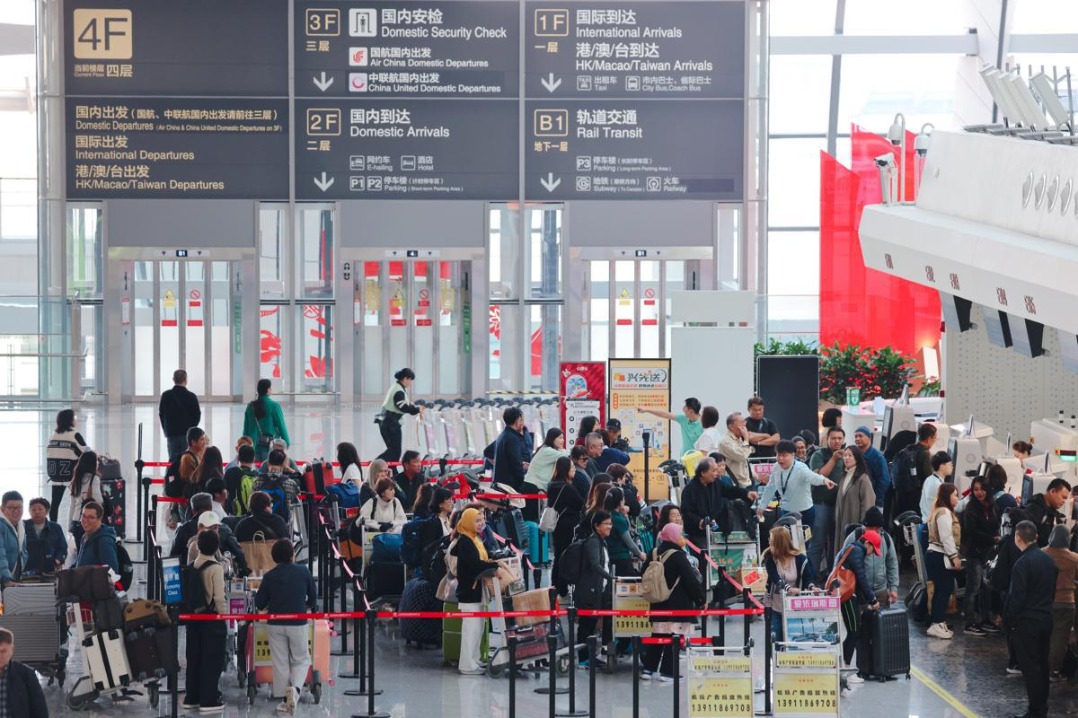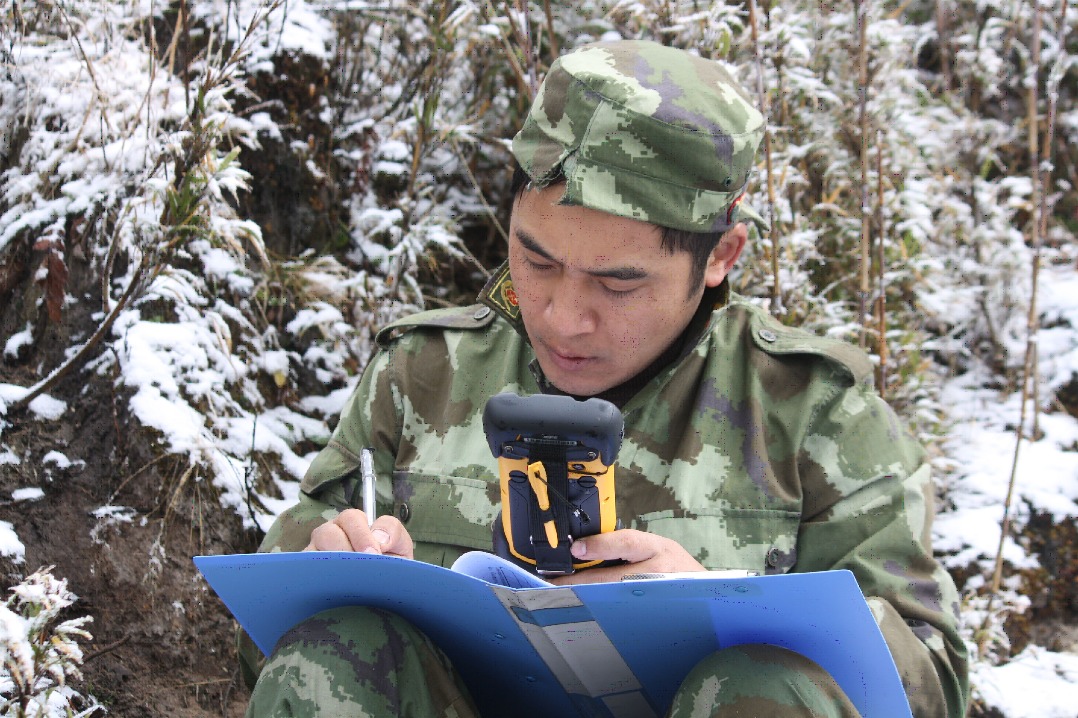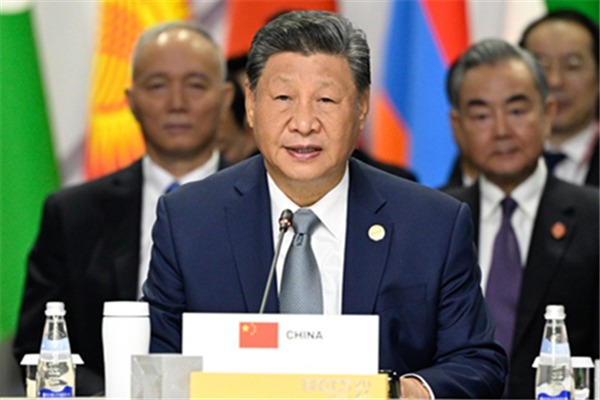Leasing heyday set to return as global businesses eye presence in Hong Kong


New sources of demand, such as family offices, may boost a revival in office leasing activities in Hong Kong, although it may take some time to gauge the impact. Oswald Chan reports from Hong Kong.
The Wealth for Good in Hong Kong Summit, organized by the Hong Kong Special Administrative Region government in March this year, welcomed more than 100 key decision-makers of global family offices.
With new policy measures, such as tax incentives, the SAR government aims to attract global family offices with an asset value exceeding HK$240 million ($30.7 million) to set up shop in the city. The plan is to lure no fewer than 200 family offices to establish their presences or expand existing operations in Hong Kong by late 2025.
Global real-estate advisory firm Colliers says it has received enquiries from global family offices about setting up bases in the SAR, but concrete office leasing deals have yet to be struck in recent months.
"They are looking at Hong Kong, taking into account the legal and financial aspects of starting operations in the city," says Kathy Lee Yuen-yan, head of research at Colliers.
"Since Hong Kong has just reopened itself to the Chinese mainland and the world, family offices require time to consider picking Hong Kong for expanding their businesses," she tells China Daily in an interview.
Another real-estate advisory firm, Savills, says although most of the existing family offices occupy small floor areas of less than 5,000 square feet, a larger presence of family offices will lift the growth of wealth management and private banking, leading to a surge in the potential demand arising from these financial sectors.
According to Colliers, in addition to global family offices, mainland conglomerates and fund management companies, private equity fund managers, as well as multinational companies, are also enquiring about setting up office spaces in Hong Kong.
"Their office space requirements are relatively small as they have hired only a small number of staff to work in collaborative working spaces to explore business opportunities, or do market research before they actually expand in Hong Kong," says Lee.
Multinational companies go for office space optimization rather than expansion at the moment. This is because with the global economy just beginning to recover, coupled with a volatile stock market, many businesses tend to be more cautious.
Following the full resumption of travel between Hong Kong and the mainland, Colliers' data show that office leasing activities have been picking up in the first quarter of this year. There has been a positive net absorption or take-up of some 93,000 square feet of office space in the first three months of 2023.
Insurance companies and service providers of collaborative working spaces are the key demand drivers for office space.
"Insurance companies favor office spaces in Tsim Sha Tsui or West Kowloon as these areas are more convenient for their clients, with prime shopping facilities and being close to the high-speed railway station," notes Lee.
As multinational companies are cautious in their business strategies, they turn to collaborative working spaces to satisfy their business needs because co-working spaces provide flexibility, she adds. "We believe the pent-up demand for office space will return in the second half of this year, driving the recovery of the Grade A office leasing market."
According to Lee, the rental growth in the overall office leasing market in Hong Kong in the second half of this year will be driven by companies' "flight to quality" strategy — when they are willing to upgrade their work facilities by taking up offices in the prime districts of Central and Tsim Sha Tsui.
Besides office space demand, promoting family office businesses may spur demand for the cold-storage space property asset class, with temperature-controlled facilities.
In its policy roadmap for developing family office businesses unveiled in March, the SAR government said the Airport Authority Hong Kong is actively considering setting up storage, display and appreciation facilities for art and treasures at Hong Kong International Airport, consolidating the city's position as Asia's leading art exhibition and trading center. This is to cater for family offices' diverse interests, such as art appreciation, philanthropy and education.
"The demand for cold-storage spaces will not be just driven by family offices, but also by the entire art sector in Hong Kong," says Lee.
However, she is worried that the supply of cold-storage facilities in the near future will be limited. "I think only be one logistics center will be completed this year. The scarce supply, along with steady demand, will drive rentals up and keep the occupancy rate of those facilities at a relatively high level."
Lee says the government needs to do more to increase the land supply of cold-storage logistics. "If the art industry continues to expand, we will need more temperature-controlled facilities. We will have to look at whether cold-storage facilities required by the art business and the frozen food industry are interchangeable," she says.
Hong Kong is one of the world's largest arts markets by auction sales. In 2021, the total trade value of artworks, collectors' pieces and antiques in Hong Kong exceeded HK$66 billion, according to government statistics.




































